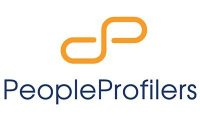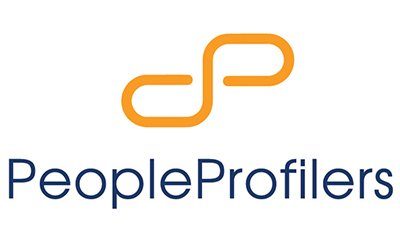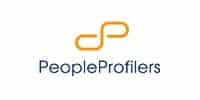When you do the 16 Personalities Test, you’re given a ‘freakishly accurate’ personality analysis of yourself—which includes information about the careers that suit your personality type. You might be wonder, are these career path suggestions accurate or are they simply speculation?
The 16 Personalities Test, also known as the Myers-Briggs Type Indicator (MBTI) Test, is a self-reporting questionnaire developed based on psychiatrist Carl Jung’s theory of personality types. It separates people into categories by identifying their personality functions or the ways they perceive the world and make decisions.
How Accurate Is The Test?
Carl Jung’s theory on personality types were not based on controlled scientific studies but on his introspective clinical observations of people. So professionally, they are regarded as inconclusive.
However, the MBTI Test that was developed from these theories is based on extensive research and received the support of renowned professors from various US universities. It has also undergone many rounds of refinement over the years into the 16 Personalities Test we know of today.
Therefore, in terms of the amount of research and expertise put into making the test, we can say that the 16 Personalities Test has a certain amount of credibility.
In fact, roughly 80% of Fortune 500 companies use this test to vet potential employees.
Interestingly enough, MBTI was first constructed to help women entering the American industrial workforce during World War II identify the sort of war-time jobs that would be best suited for them. With career advice being the original intention of the test, you can be rest assured that the different careers assigned to each personality have been thoughtfully placed and not randomly assigned!
Is There A Fixed Career Path for My Personality?
That being said, there are no fixed career paths for any of the personality types. Personality types determine, in broad statistical ways, the fit of the career with certain personality traits. But note that these are generalisations and suggestions more than anything, they are not indicative of an ideal career for you.
You are more than the way your personality functions, your career decisions should take into account your life experiences, beliefs, values, culture and current circumstances.
All these factors matter when we talk about a person’s compatibility with a career.
Thus, what you should focus on when you look at the suggested careers for your personality type should be specific aspects of the job that are pointed out as compatible with your personality type.
These are the strengths of your personality type that you can bring with you to any job you choose to do. With motivation and practice, you can learn skills that are not initially natural or comfortable for you.
So while there are certain professions that appear to be perfect for specific personality types, this does not mean there is nothing you can bring to the table. Every person has the potential to contribute to a job that may not, at first glance, seem to match their personality.
When deciding which career path to follow, learning more about your personality type can help you make more insightful decisions.
However, learning more about your personality type in order to decide which career path to follow is not wise.


